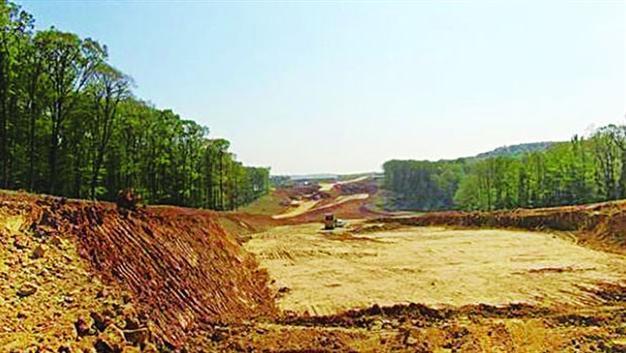New regulation allows zoning in private forests for ‘public interest’
Meltem Özgenç – ANKARA
 Turkish Forestry Ministry has announced a new regulation enabling further zoning projects for “the public interest” in private forests, with experts claiming that the change will threaten forests adjacent to Istanbul Bosporus.
Turkish Forestry Ministry has announced a new regulation enabling further zoning projects for “the public interest” in private forests, with experts claiming that the change will threaten forests adjacent to Istanbul Bosporus. Criticizing the new regulation, Chamber of Forest Engineers head Ali Küçükaydın said the change comes in addition to the already existing regulation that authorizes zoning in six percent of private forests. His organization plans to take the issue to court.
“This regulation actually means all private forests will be open for zoning. It is an extremely dangerous regulation. Nobody will be interested in forests in Erzurum or Ağrı. What is important here are the forests in Istanbul’s Bosporus,” said Küçükaydın adding that the regulation was done simply to make money.
Küçükaydın said the regulation authorizes public interest zoning projects, which were not permitted within six percent of the area previously allowed, such as energy transmission lines, communication and water transport lines, natural gas lines, sewage systems and road ways.
The regulation also allows the construction of public dormitories in private forests, using up to 15 percent of their area.
Concerning the forests near Istanbul’s Bosporus, Küçükaydın had previously objected to a clause passed in an omnibus bill in 2014 that allowed the construction of buildings such as shopping malls and hotels alongside the roads leading to Istanbul’s third bridge.
He described the previously passed clause as “unconstitutional,” explaining that “forest destruction continues through laws violating Constitutional Court rulings.”
“With this regulation, the way has been paved for third parties to make particular use of the highway and connection roads of the third bridge, Turkey’s most precious forested lands, and at no cost,” Küçükaydın had said.
















